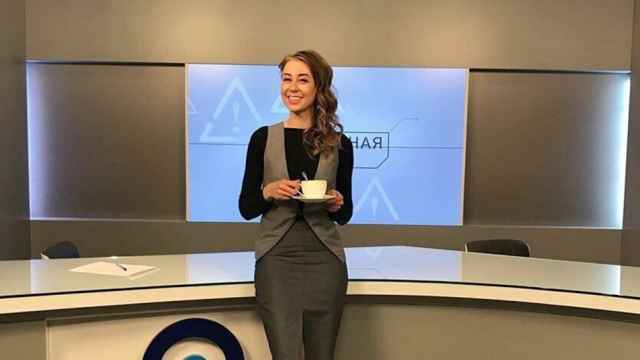Corruption sure is an interesting thing. In Russia, while most people usually condemn it, polls show that people are also convinced of its indestructibility.
Russians love to believe that corruption has existed in the country from the time of its inception. Children at school are taught the story of Peter the Great beating up his friend Aleksandr Menshikov for stealing public funds and other tales of grand dukes who were exposed for bribe-taking.
Soviet authorities also had their share of corruption within their ranks starting in the regime’s earliest days. A mere five years after seizing power, a new law was adopted — bribery was now punishable by death.
Under Stalin, everyone was aware that theft was endemic to state trade, that judges were corrupt, doctors bribed, and so forth. After Stalin’s death, major cases of corruption were regularly uncovered. In 1960, the death penalty was once again imposed for “embezzlement of state or public property on a large scale”.
When discussing corruption, it is sometimes believed that, when leaders crack down on corruption, they show their impotence rather than their strength.
They choose to physically annihilate embezzlers and bribe-takers because they don’t know and cannot conceive any other way to prevent them from stealing from state coffers or from accepting bribes.
At the Levada Center, we discussed with ordinary citizens the reasons why people who have more money than they can spend are involved in high-level corruption. They must be compelled to do so by some sort of force, people told us.
When faced with top officials’ corruption, Russians adopt a rather interesting attitude. Although they agree to identify it as public enemy number one, they don’t show any specific class-consciousness. Our respondents, people to whom bribes would never be offered, hold the belief that “corruption is inherent” to the upper layers of society.
In turn, politicians from all sides — from those in power to those in the opposition — are convinced that taking a public stand against high-level corruption will ensure them love and gratitude from the common folk.
Experience tells us otherwise. A while back, government-supporting media began exposing Moscow’s then-mayor Yuri Luzhkov. It was hardly breaking news. Everyone already knew about it, asserted the Muscovites. They forgave him, arguing: “But he really loves Moscow!”
Opposition leader Alexei Navalny drew attention by artistically shedding light on corruption at the highest levels, gaining a following in the process. However, it did not visibly reduce corruption, and nobody expected it to.
Meanwhile, where is the string of increasing regular arrests of top officials accused of corruption leading us to? Do ordinary Russians believe that the accused really took part in acts of corruption? Of course, they do.
Do the Russians believe that these officials are being arrested and prosecuted for those deeds? No, they do not. Our research has shown that people believe that “All this boils down to internal strife.”
A Message from The Moscow Times:
Dear readers,
We are facing unprecedented challenges. Russia's Prosecutor General's Office has designated The Moscow Times as an "undesirable" organization, criminalizing our work and putting our staff at risk of prosecution. This follows our earlier unjust labeling as a "foreign agent."
These actions are direct attempts to silence independent journalism in Russia. The authorities claim our work "discredits the decisions of the Russian leadership." We see things differently: we strive to provide accurate, unbiased reporting on Russia.
We, the journalists of The Moscow Times, refuse to be silenced. But to continue our work, we need your help.
Your support, no matter how small, makes a world of difference. If you can, please support us monthly starting from just $2. It's quick to set up, and every contribution makes a significant impact.
By supporting The Moscow Times, you're defending open, independent journalism in the face of repression. Thank you for standing with us.
Remind me later.








